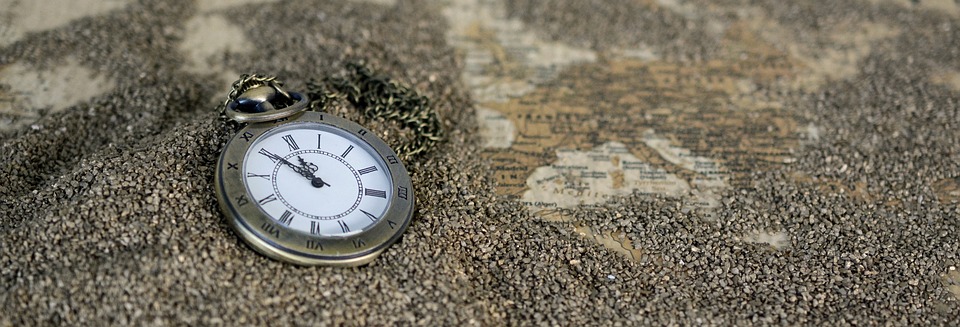Would stereotypical Japanese politeness go over well in Spain?
Would a boisterous Brit prosper in the Middle East?
Would a Chinese tourist breaking the queue find his place in Germany?
To all of the above: probably not.
Last week, we talked about how culture connects the dots between human kind and individual personality. This week, we’ll talk about how certain personalities thrive better in certain cultures than others.
The German African
According to Sarah Mae Sincero of Explorable, “People who are born and bred in the same culture share common personality traits.”
While this is true, much like anything, it’s not black-and-white.
One German friend of mine lived in Accra, Ghana for a while. He joked that he’d found someone more German than himself in Africa. His African maid always arrived punctually, polished the house until it shined, and arranged his pots and pans so orderly that “they stood aligned like a Prussian army division.”
While this particular woman stood out in her own culture as somewhat odd, she would have fit perfectly into German society.
Personality
The point is, culture does not determine personality completely, but it does impact the personalities and character traits generally found in a culture. Unlike our genes, our culturally-learned behaviors can change, be rejected, forgotten, or un-learned. So, while someone with brown eyes will always have brown eyes, individual personality can vary and adapt.
That doesn’t mean odd personalities and behaviors are acceptable to all cultural groups. They must generally fit within the confines of what is culturally acceptable. But it does mean that you might get the odd duck amongst all the gaggling geese.
Choices
We each choose whether or not to fit into our own culture. This means we can choose whether or not to fit into another’s.
As individuals, we decide for ourselves which behaviors to adopt and which to reject. We decide what is important to us.
Many Germans choose to be orderly; some don’t. Many Swiss choose to be punctual; others don’t. Many Americans choose to be outgoing; a handful aren’t.
No culture is one shade of grey.
This doesn’t mean that there aren’t cultural norms and that some personalities don’t thrive better in certain cultures than others.
So which personality thrives best?
Thrive
As you’ve probably guessed, the preferred personality and character traits differ across cultures.
Take Switzerland, for example.
It is true that Swiss culture promotes punctuality. In fact, one survey showed that it was ranked the most important value to Swiss people. Trains run on time in Switzerland, and it’s disrespectful to be late to a meeting. Someone who is constantly running late is considered unreliable. Switzerland is known for dominating watchmaking, and so it only makes sense that punctuality and time are respected in this small country. Most Swiss people accept the norm and adapt to it.
So, if your personality is punctual, as well, you would thrive better in Switzerland than someone who is constantly late.
What we are able to say about the Swiss then is that they are “generally punctual.” But we can’t say, “This man is Swiss, so he must be punctual.” A culture is not assessed in totality, because individual personalities make up the culture, so it is important not to judge an individual based on their culture or a culture based on the individual.
In the end, you may luck out in that your personality is gels with the culture into which you plan to integrate. However, if it doesn’t, the most important personality trait to adopt would be adaptability, as those who thrive best in ANY culture are adaptable and not cemented in one’s own cultural tradition.
